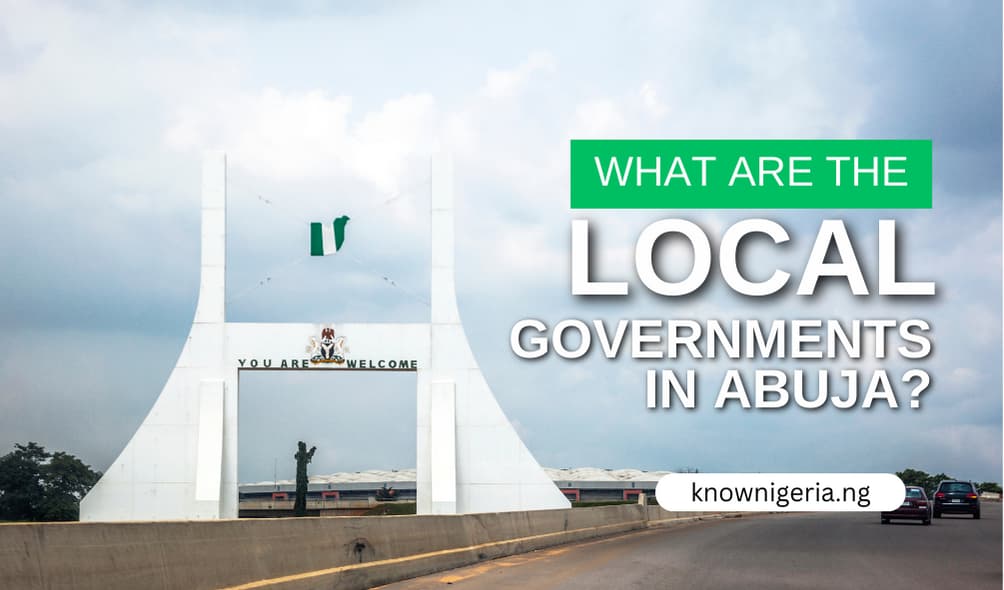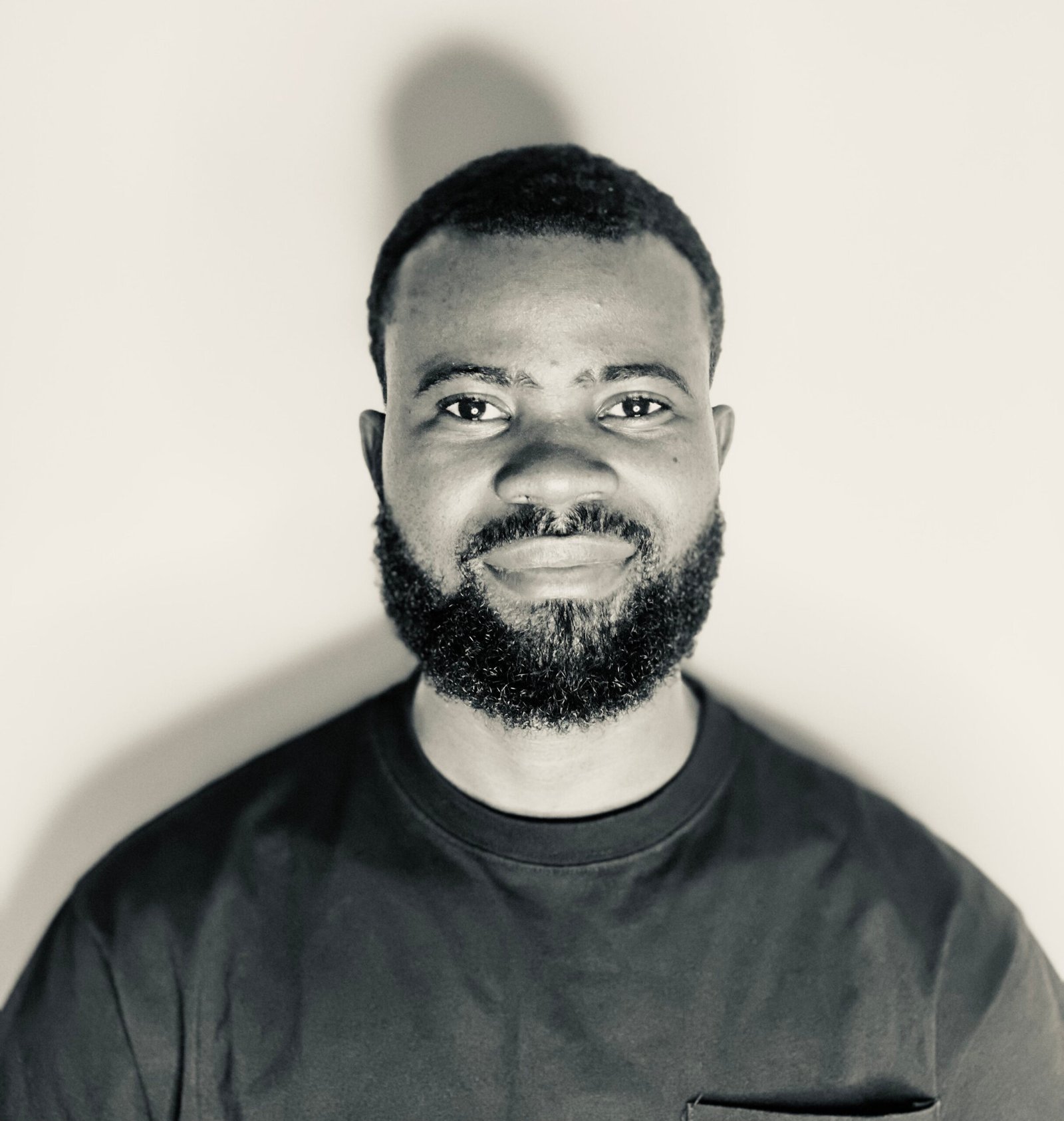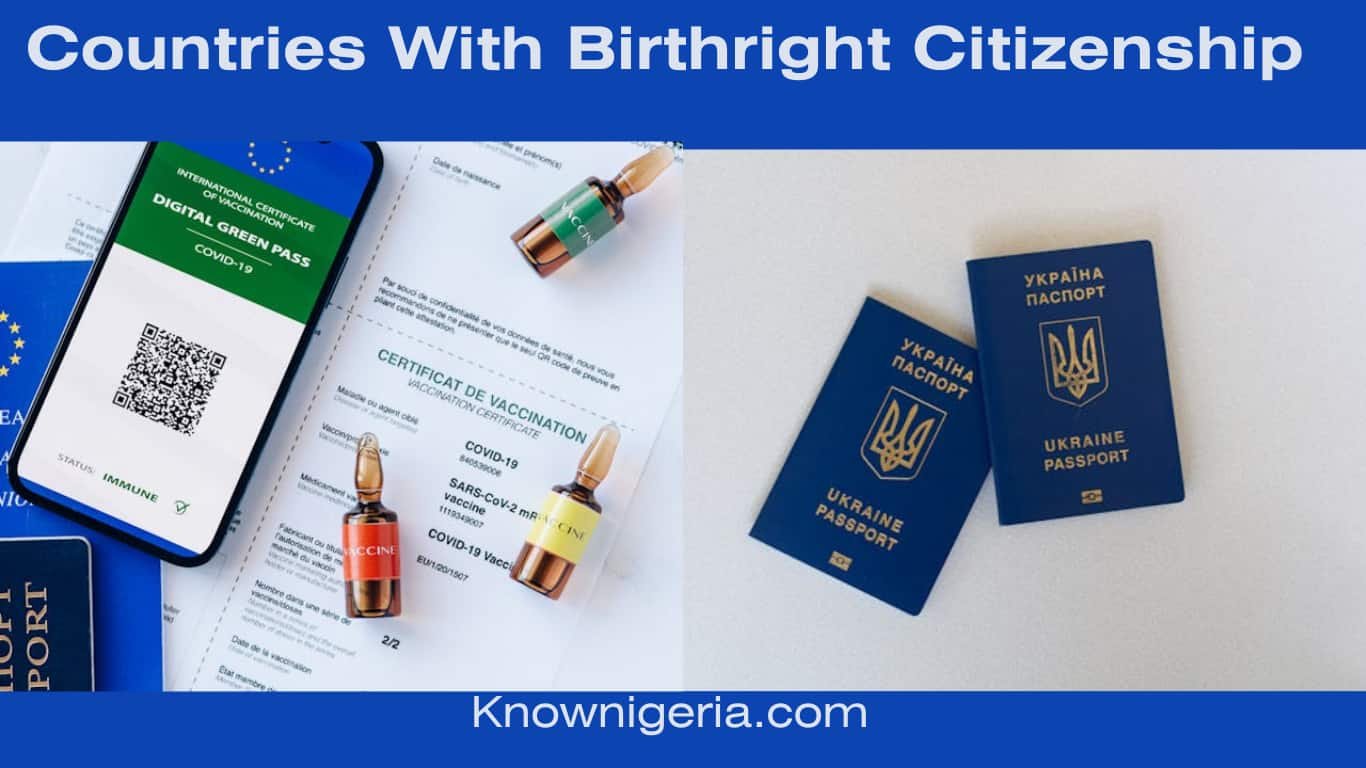Almost everyone reading this knows Nigeria has 36 states and one Federal Capital Territory, Abuja, making it a federation. You may also know that Nigeria has 774 local governments spread across all the states to bring the government closer to the people.
However, you may have noticed that the term ‘local government’ isn’t typically used in discussions involving Abuja, which may bring up the question: what are the local governments in Abuja exactly?
This article will answer all of your questions. We’ll start by describing the idea of local governments in Nigeria and their functions. Then, we’ll look at the FCT in particular, the local governments in Abuja, and the governance structure of those local governments.
Table of Contents
What are the Functions of Local Governments in Abuja?
Local governments don’t simply exist for no reason; they have distinct responsibilities and functions as a unit of government in the Federal Republic of Nigeria. Unfortunately, state governors are fond of limiting the constitutional powers of the local government, but that doesn’t change their roles.
One of the most essential functions of a local government in Nigeria is registering marriages, deaths, and births. Throughout Nigeria, you can only get a legally binding death or birth certificate from a local government office for this reason.
The local government authorities can also recommend economic reforms to the state government, and they’re also authorized to collect certain local fees and taxes.
Other functions of local governments in Nigeria include maintaining roads and other public facilities, naming roads and streets, licensing bicycles and other non-mechanical vehicles, establishing and maintaining cemeteries, and providing public transportation within their jurisdiction.
Origin of Abuja

Abuja is the capital city of Nigeria, purposely built according to a master plan designed to structure it as a replacement for Lagos, the former capital city. The transition of the capital city from Abuja to Lagos was eventually completed on December 12, 1991.
Abuja’s name originated from the combination of a name and a word in the Hausa language: Abubakar-Ja. Abubakar is the Islamic name of a former traditional ruler of the area, while the ‘Ja’ suffix is the Hausa word for red. Generally, the word ‘Ja’, when used with humans, indicates they’re light-skinned.
Like the Brazilian capital city, Brasilia, Abuja was purposely built to become Nigeria’s capital with a masterplan designed by International Planning Associates, a consortium of American architecture companies.
Soon after the accelerated development of Abuja based on the recommendations of the master plan, the Ibrahim Babangida administration moved Nigeria’s administrative capital to the newly developed state, moving most of the country’s ministries and agencies to Abuja as well.
Local Government Areas in Abuja
There are only six local governments in Abuja, the least in any state in the federation, topping Bayelsa with eight LGAs. The LGAs, also popularly referred to as Area Councils, are headed by chairmen elected every four years.
Here’s a breakdown of the six local governments in Abuja and the prominent cities within them.
1. Abaji LGA
Abaji is one of the least developed local governments in Abuja, as it’s the furthest to the city center and borders Toto, Kogi, and Lapai LGAs of Nasarawa, Kogi, and Niger States. Following the recent chairmanship elections of 2022, Hon. Abubakar Umar Abdullahi of the APC was elected chairman of the LGA, becoming the administrative head in the process.
The Area Council has a traditional leader with the title: Ona of Abaji, but his role is largely ceremonial and not as powerful as that of the LGA’s chairman. He also doubles as the chairman of the FCT Council of Chiefs, denoting the historical importance of the local government area in Abuja.
Abaji local government is home to people from varying ethnic groups, including Gbagyi, Egbira, Hausa, and Tiv people. Despite being one of the local governments in Abuja, Abaji still has a lot of room for development, with urbanization efforts relatively slow in the LGA.
With a population of nearly 130,000 people by 2023, Abaji is about the same size as the average city in most neighboring states, making it among the least populous local governments in Abuja. That, notwithstanding, there are a couple of subdivisions in the local government, with Kebba, Ebagi, Gbogbogo, Bago, and Dapala being some of the prominent towns in the local government area.
2. Abuja Municipal LGA
Abuja Municipal is both a local government and the geographical body responsible for the administration of the FCT. It houses the residences of the president and the FCT minister and is typically the local government people refer to when talking about the Abuja City Center.
Abuja Municipal Area Council’s (AMAC) current chairman is Christopher Zaka, a PDP candidate elected in the chairmanship elections of 2022, but his powers are often limited by the Abuja Metro Management Council, a body constituted by the Minister of FCT, a position currently held by Nyesom Ezenwo Wike.
This Area Council’s wards are some of the most recognizable cities in the FCT. Some examples include Nyanya, Gwagwa, Gwarinpa, Karu, Wuse, Gui, and Karshi. Within these wards, we have prominent places like Kado Federal Housing (Gwarinpa), Gwarinpa Federal Housing (Gwarinpa), Apo (Garki), Lugbe (Kabusa), and Sauka/Immigrations (Gui).
Unlike Abaji, Abuja Municipal Area Council (AMAC) is densely populated with a 2023 population projection of nearly 1.7 million people. Not only is it more populous than all other local governments in Abuja combined, but it’s also up there with Alimosho as one of the largest local governments in Nigeria by population size.
3. Bwari LGA
Bwari Area Council is one of the most important local governments in Abuja after AMAC, partly due to its proximity to Abuja Municipal, as it’s just a 40-minute drive from the city center. The Area Council hosts some of the country’s most essential institutions, including JAMB’s national headquarters, Veritas University, and a Nigeria Law School.
Bwari has dozens of towns spread across 10 wards in the local government, with some of the most popular being Tudun Wada, Zuma, Kubwa, Sabon Gari, Ushafa, Chikale, and Barago. Its districts might be more recognizable to people who live outside the area, with the prominent ones being Mpape, Bwari, Kunape, Jika, Dawaki, Dakwa, and Kubwa, among others.
Bwari is the second most populous local government in Abuja after AMAC, which is understandable. With a 2023 population estimate of over 500,000 people, it comfortably hosts more people than other local governments in Abuja bar Abuja Municipal.
4. Kuje LGA
Kuje Area Council may only have an estimated population of a little over 200,000 people, but it’s no doubt one of the most popular local governments in Abuja. Its main selling point is its market that’s undoubtedly one of the biggest markets in Abuja.
Since the Kuje market is held every four days, the traffic of people at the Area Council skyrockets to near AMAC numbers, but the actual number of people residing within the local government is usually much lower.
Most of the villages and towns in Kuje are relatively unremarkable, compared to what you’ll find in AMAC or Gwagwalada LGA, for example. Some popular examples include Gwadaji, Kapa, Lafiya Gwari, Gwape, and Kabikasa.
Thanks to Kuje’s nearness to Abuja Municipal Area Council, it’s one of the few local governments in Abuja currently undergoing massive urbanization. Efforts to rid the roads of informal and unlicensed traders may decrease the size of its market but will expand the LGA’s residential potential.
5. Gwagwalada LGA
Gwagwalada Is another highly-recognizable local government in Abuja and one of the fastest growing nationwide, thanks to its proximity to the Abuja City Center. While the local government was created in 1984, it didn’t start to gain its insane popularity until the seat of the Federal Government moved to Abuja.
Gwagwalada consists of ten wards, including Zuba, Tunga Maje, Gwako, Painkonkore, Ikwa, Quarters, Ibwa, Dobi, Kuntunku, and Central. Each ward is headed by an elected councilor, while the local government itself sits under the administration of an elected executive chairman.
This local government is home to some of the most interesting landmarks in the FCT, including landmarks like the Zuma Rock and the Jabi Lake. It’s also home to the sole government-owned university in the Federal Capital Territory, the great University of Abuja, It also hosts the Abuja branch of the Nike Art Gallery, which we included among our best museums in Lagos.
6. Kwali LGA
Kwali is a relatively unremarkable local government in Abuja, which is barely surprising, no thanks to its distance from the Abuja Municipal Area Council. A drive from Kwali to the city center is 1 hour and 28 minutes long, which is more than all other local governments in Abuja except Abaji.
Despite the LGA’s geographical disadvantage, it has managed to make a name for itself with pottery making. If you’re a Nigerian history nerd, you’ve probably heard of Lady Kwali, and now that I mention it, you can’t help but link her to this eponymous local government. Lady Kwali actually derived her name from the location, and, sure enough, she’s not the only pottery specialist in Kwali.
Kwali local government is subdivided into ten wards, namely: Ashara, Dafa, Gumbo, Kwali, Kundu, Kilankwa, Pai, Wako, Yebu, and Yangoji. These wards are in turn divided into towns and villages too numerous to mention with the little space available.
There’s not much to see at Kwali Area Council, and you’ll likely not be meeting a lot of people there either. With a population still shy of 200,000 people (estimated), it’s lower than most local governments in Abuja, partially explaining its slow innovation over the years.
Conclusion
The FCT has innovated massively since it first became Nigeria’s capital city, but a lot of people seem to think the state ends with Abuja Municipal Area Council. This breakdown of all six local governments in Abuja will hopefully educate you about the hidden parts of the state, helping you explore them properly during a visit.
If you like our content, we know you would love our excellent content on our Youtube channel, Tiktok, Facebook, Instagram, and Twitter. Please subscribe and follow us for more Premium Know Nigeria content.










